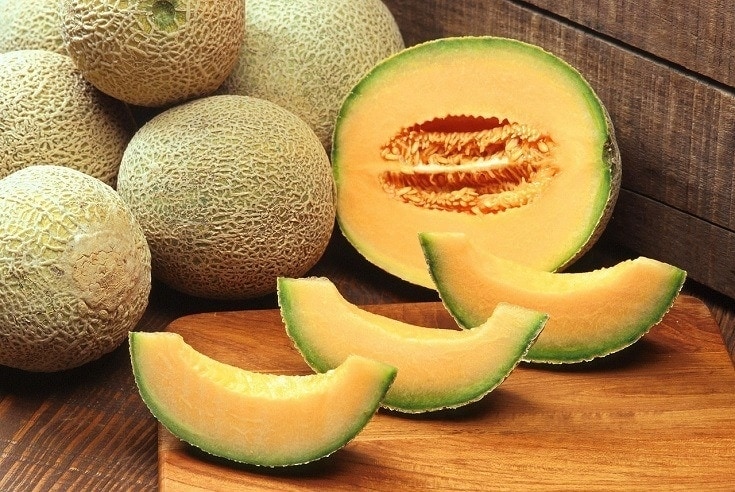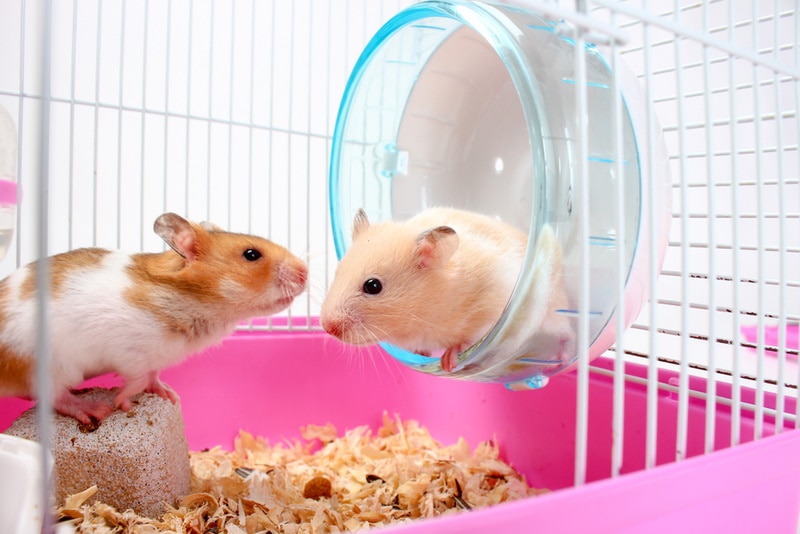Can Hamsters Eat Celery? Vet-Verified Benefits, Risks & FAQ
Updated on
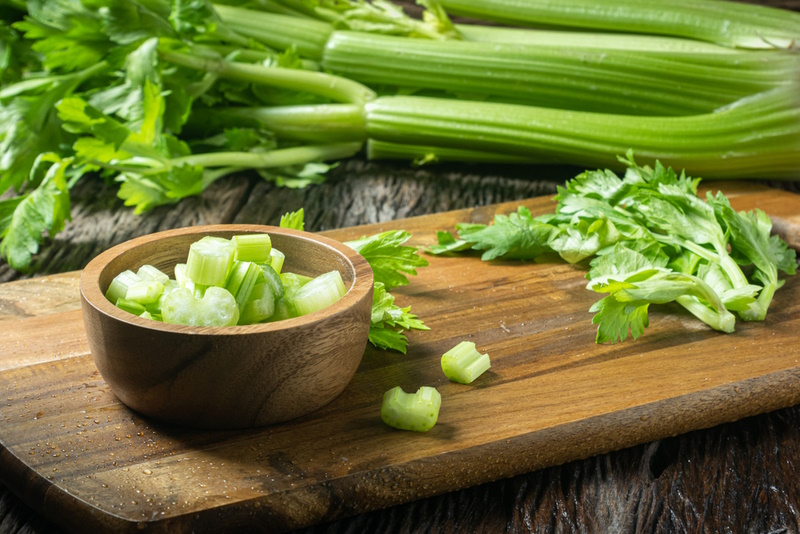
Click to Skip Ahead
Hamsters are a common small pet kept by many families. There are a few different breeds of these cute, pocket-sized pets, and the most common and easily kept hamster is a larger breed called the Syrian (or Golden) hamster. In the wild hamsters scavenge and often live on a diet consisting mainly of fruits, seeds, leaves, plants, insects, and the odd frog or lizard. Pet hamsters, therefore, need a diet similar to their original requirements, but giving our furry friends a treat is also a pleasure and part of the fun of owning a small animal!
You may be wondering: can I feed celery to my pet hamster? Is it a safe human food to give to them? Celery is, in moderation, a safe vegetable to feed to your hamster with many benefits. As with most things in life, however, there is a trade-off, and a few risks of feeding celery to hamsters need to be taken into account.
The Benefits of Hamsters Eating Celery
Celery is a vegetable with a crunch, and this can be appealing to hamsters. This green veggie is full of goodness such as sound sources of fiber, vitamin K, vitamin C, and vitamin A, amongst others, and all these are essential nutrients to maintain health and good quality of life. It contains properties to help maintain blood pressure and promote a healthy heart.
In small amounts, celery may potentially offer some assistance with gastrointestinal issues such as soft stools or gastric ulcers in some species.
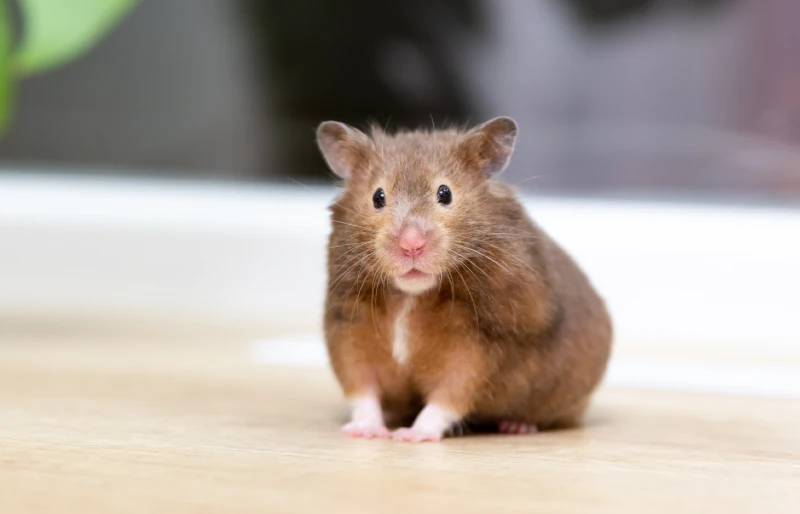
What Are the Risks of Feeding Celery to My Hamster?
The celery needs to be fed raw and fresh, not dried. And care needs to be exercised with the stringy bits. Be sure to cut the celery into small, clean-cut, bite-sized pieces. Celery will also need a proper wash to remove debris and dirt along with any pesticides or chemicals that may have been used on it prior to being harvested.
Overfeeding celery to your hamster can unfortunately result in digestive issues, such as:
- Stomach discomfort or pain
- Constipation
- Other gut-related problems
Should you notice any of these signs, stop feeding the celery and ask your veterinarian for advice.
What Do Hamsters Eat?
The best and most balanced diet for domesticated hamsters includes a daily mixture of roughly:
- 75% pellet compound and seed mixes
- 20% fresh produce
- 5% treats
Pellets are a commercial diet offering complete nutrition for your hamster. They are readily available from pet stores, supermarkets, or other online stores. These complete pellet diets contain all the correct nutrients and amount a hamster needs. Be sure to purchase a complete and balanced diet specifically for hamsters, as diets for other rodents are not the same and cannot be fed in their place.
Seeds mixes are also a nice option to offer, as they enjoy nibbling on these, but they have a habit of selective eating, meaning they only pick out the ones they love. A main diet that is seed-based only or makes up the majority of your hamster’s diet is not advised. A few added to their pellets each day, however, is acceptable. A good-quality seed mix will have a variety of seeds, but don’t offer more or refill their bowl until all the previous seeds have been eaten.
Fresh produce, such as leafy greens, dandelion, and clover, can be offered daily, as they love to eat these types of foods.
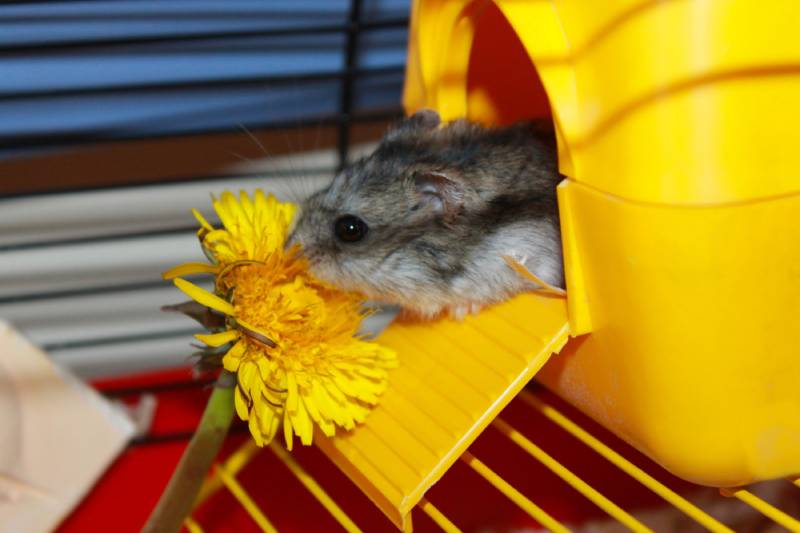
What Human Foods Can Hamsters Eat?
As with all extra treats and snacks for hamsters (and any small furry pets), these need to be given in moderation and only if you know it’s safe to offer them.
Here are a few healthy and safe (human) foods you can feed to your pet hamster. Any uneaten fruits or veggies need to be removed after around 10–12 hours.
- Breakfast cereals or grains that contain no sugar or sweeteners
- Leafy greens
- Sweet potatoes
- Cauliflower
- Carrots
- Apples
- Raisins
- Peas
- Pepper
- Cucumbers
- Blueberries
- Spinach
Frequently Asked Questions
Can Hamsters Eat Celery Leaves?
Yes, they can, as long as they have been washed. Due to their stronger taste than the stem, you may find your hamster doesn’t like the leaves and they are left uneaten.
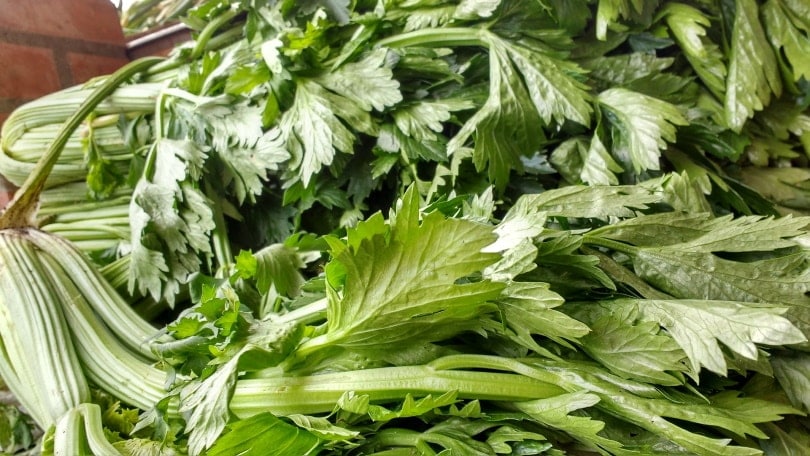
Can Hamsters Eat Tomatoes?
While tomatoes are not toxic to hamsters, nor are they the best fruit to offer either due to their high acidic content which potentially can cause gastrointestinal issues. However, the abundance of vitamin C found in these fruits may help with preventing scurvy. Speak with your vet if you have any concerns about this disease in your hamster.
Can Hamsters Eat Strawberries?
Yes, strawberries are a safe and healthy option for your hamster to consume in moderation.
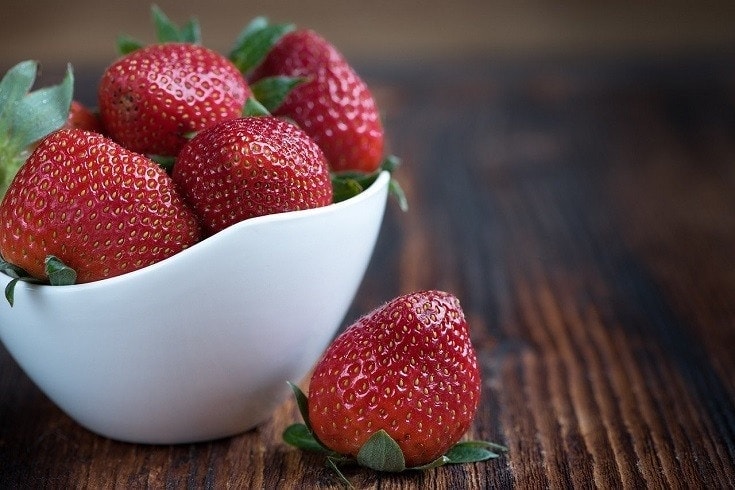
Can Hamsters Eat Grapes?
Yes, but only occasionally. For example, ¼ of a grape per week is fine. This is due to the high sugar content of grapes, which can contribute to dental, weight, and other medical problems.
Can Hamsters Eat Oranges?
No, it is best not to feed oranges to hamsters due to the high citric acid content and sugar levels.
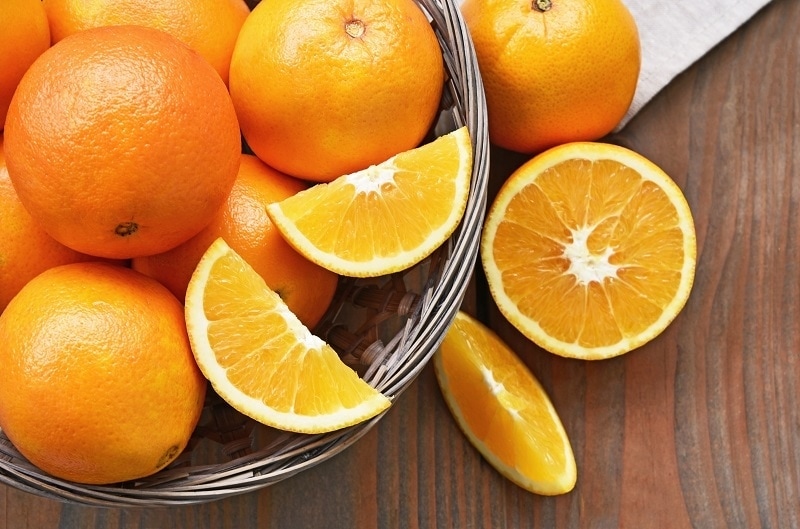
Conclusion
Celery, in conclusion, is a great and healthy vegetable to offer your hamster in moderation and as part of their 20% fresh produce daily allowance. Always be sure to feed a complete and balanced hamster diet, and if offering celery, buy the shorter, firmer stems, clean before use and store unused celery stems in the refrigerator.
See Also:
Featured Image Credit: Sakoodter Stocker, Shutterstock


